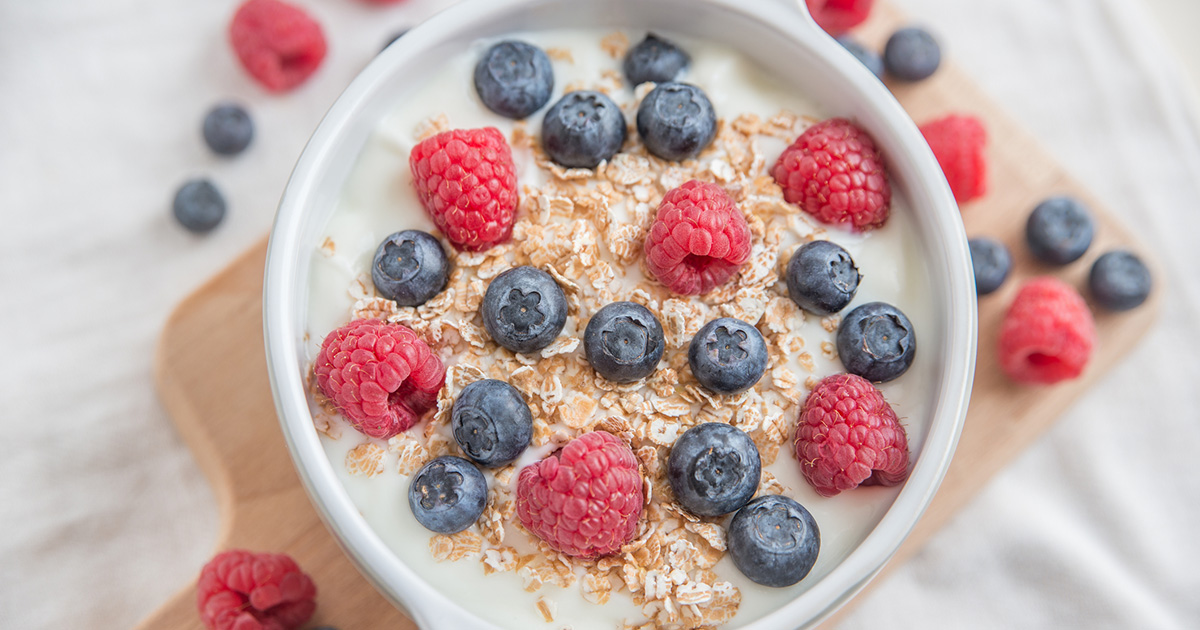What To Expect When Living On Dialysis
Eating A Healthy Diet

Everyone should be eating a balanced and healthy diet to be in the best possible health. However, there is a lot of flexibility for individuals without serious medical issues. When on dialysis, a patient’s diet becomes more of a concern. The golden rule is, of course, for patients to talk to their healthcare team before making changes. However, a common recommendation for dialysis patients is to reduce their intake of foods high in saturated fats and cholesterol, such as fried foods, eggs, whole milk, and the majority of cheeses. Patients often also want to limit their consumption of foods high in potassium and phosphorus, such as bananas, as too much of these minerals can be harmful to them.
For the best possible results and health, dialysis patients should focus on foods rich in omega-3 fatty acids. Popular choices include cold-water fish, such as sardines, salmon, and lake trout, walnuts, as well as flaxseed and canola oil. Individuals with kidney disease who require dialysis are at an increased risk for developing anemia, which means they have a low red blood cell count and the flow of oxygen throughout the body is compromised. Some cases of anemia require prescription medication, but others may be treated with iron. Iron can be taken in pill form, but patients are also encouraged to include iron-rich foods in their diet, such as spinach, red meat, whole grains, Greek yogurt, and many nuts and seeds.
Continue reading to learn about the importance of a support system when dealing with dialysis.